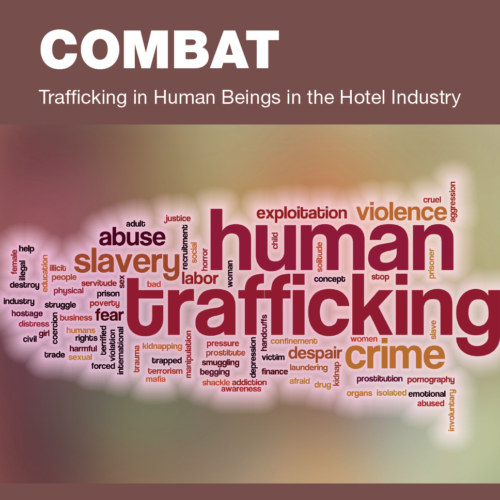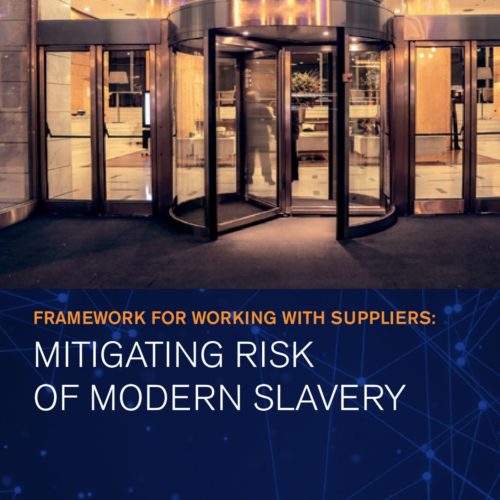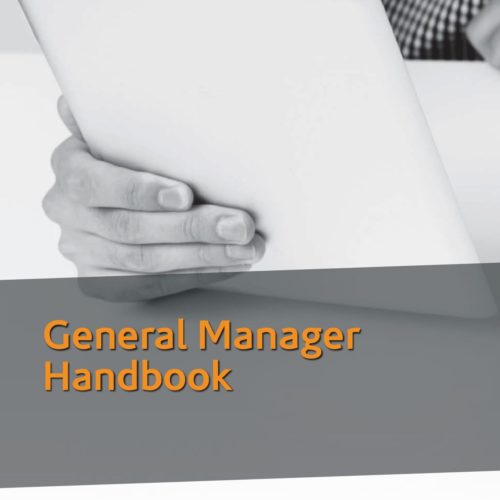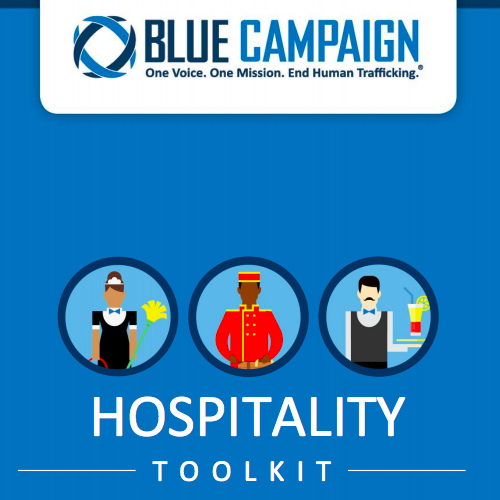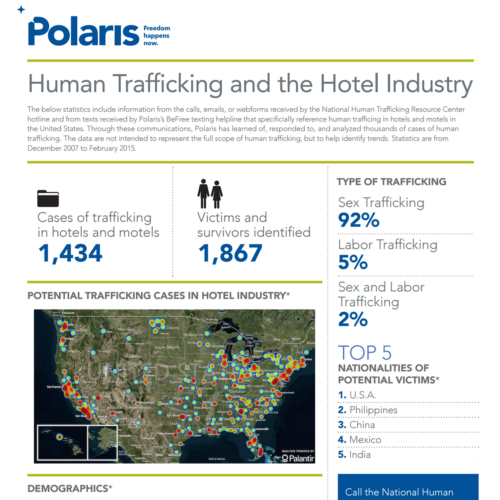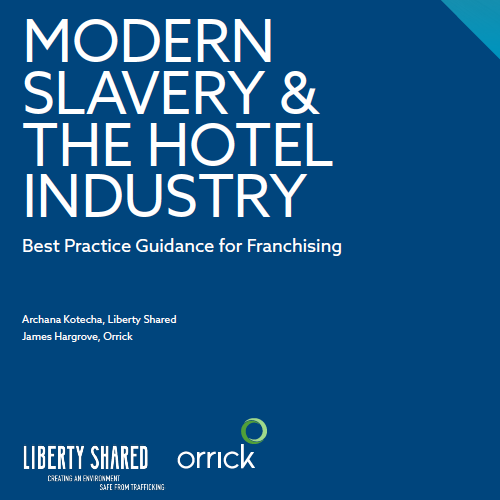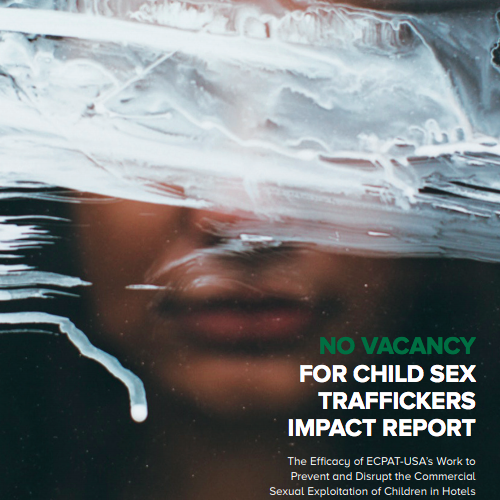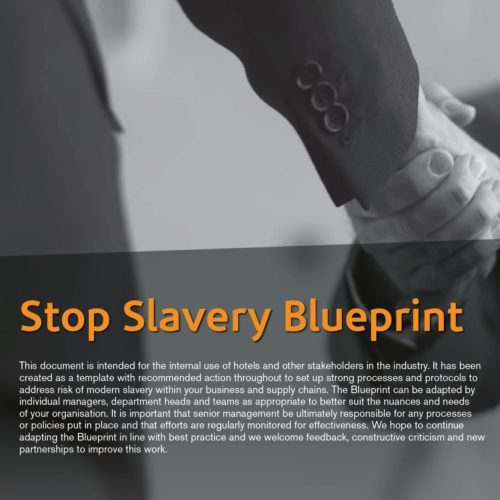Resource Hub
This resource hub is intended to provide a central repository for resources on understanding the risk of modern slavery to business, modern slavery policy and legislation, and how this can be applied to the hotel industry.
 “The launch of this resource hub shows the effectiveness of collaboration and is a significant step-up in trafficking prevention measures. It is a practical and useful step towards aiding businesses in identifying and preventing modern slavery where is occurs.”
“The launch of this resource hub shows the effectiveness of collaboration and is a significant step-up in trafficking prevention measures. It is a practical and useful step towards aiding businesses in identifying and preventing modern slavery where is occurs.”
Professor Alexandros Paraskevas, COMBAT

